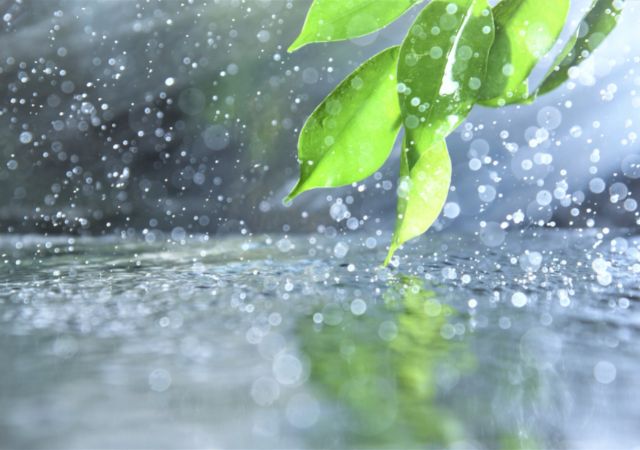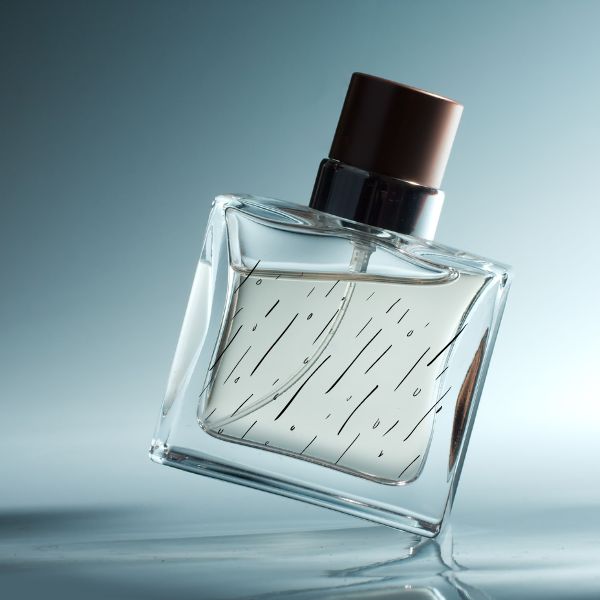The Petrichor Definition
Have you ever wondered why the rain smells so good? There’s a word for that! Petrichor is the pleasant, earthy smell that comes after rainfall. This phenomenon has baffled scientists for years, but we finally have an explanation, thanks to modern technology. Here’s everything you need to know about petrichor, from its science to some fun examples.
Is Petrichor an English word?
Petrichor is the pleasant, earthy smell that comes after rainfall. The word comes from the Greek petros, meaning “stone,” and ichor, the fluid that flows through the veins of gods in Greek mythology. According to the Oxford English Dictionary, the word petrichor was first known in 1876.
How Does Petrichor Happen?
Petrichor happens when rainwater hits the ground and mixes with oils and minerals released from the earth by evaporation. These oils and minerals are then carried into the air as water droplets evaporate, creating that characteristic petrichor scent.
Other Things Besides Rainfall Can trigger Petrichor… While petrichor is most commonly associated with rainfall, it can also be caused by other things like melting snow or even human activities like gardening. Any time water meets ground that has been dried out for a while, you’re likely to get a whiff of that distinctive petrichor smell.
And It Doesn’t Always Smell Pleasant… While most people associate petrichor with a pleasant, earthy smell, it doesn’t always smell nice. Petrichor can actually smell quite bad in areas where there’s a lot of pollution or where the ground is particularly dirty.
What is an example of Petrichor?
Petrichor is the name given to the pleasant, Earthy smell that often accompanies the first rain after a long dry spell. This distinctive smell is caused by a combination of compounds released by vegetation and bacteria. When raindrops fall on dry soil, they release these compounds into the air, creating the familiar petrichor fragrance.
While the exact composition of petrichor may vary depending on location and weather conditions, it typically contains derivatives of sulfur and nitrogen. Petrichor is most commonly experienced after a thunderstorm when lightning interacts with water vapor and dust particles in the air to create an electrical charge.
This charge then helps to disperse the petrichor compounds, giving storm watchers a chance to enjoy their unique aroma.
What does Petrichor smell like?
Petrichor is the earthy, musky scent that often accompanies the first rain of the season. The odor is produced by combining two compounds: geosmin and 2-methylisoborneol (2-MIB). Geosmin is produced by certain types of bacteria, and algae produce 2-MIB. When rain falls on dry soil, these compounds are released into the air, resulting in the characteristic petrichor smell.
Some people say petrichor smells like damp earth, while others compare it to the scent of mushrooms or wet rocks. Regardless of how it’s described, petrichor is a distinctive and pleasant aroma that often signals the arrival of spring rain.
Can humans smell the rain?
The subtle smell of rain has long baffled scientists. However, a recent study has shed some light on the mystery. Humans can smell the rain because of a combination of three scents: ozone, petrichor and geosmin. Ozone is produced when lightning strikes and has a sharp, distinctive smell. Petrichor is the debris raindrops kick up as they fall to the ground.
This includes everything from dirt to pollen to bacteria. Finally, geosmin is a substance produced by bacteria that thrive in wet environments. Together, these three scents create the unique smell of rain. Interestingly, the human nose is incredibly sensitive to these scents. We can detect them from up to 10 miles away. So next time you catch a whiff of rain in the air, you’ll know why.
Wrap up
The next time you smell the rain, think of petrichor. This lovely-sounding word denotes the scent of rain on dry earth. Petrichor is caused by plants releasing oils just before it rains. The rain then carries these oils into the air, giving us the pleasing smell we associate with rainfall.
While some maintain that human beings can only smell petrichor after rainfall has already begun, others assert that we can detect this delightful aroma before a single drop falls from the sky. Whether you love the smell of rain or just think it’s interesting from a scientific standpoint, we hope this article has taught you something new. Stay curious and keep learning!











